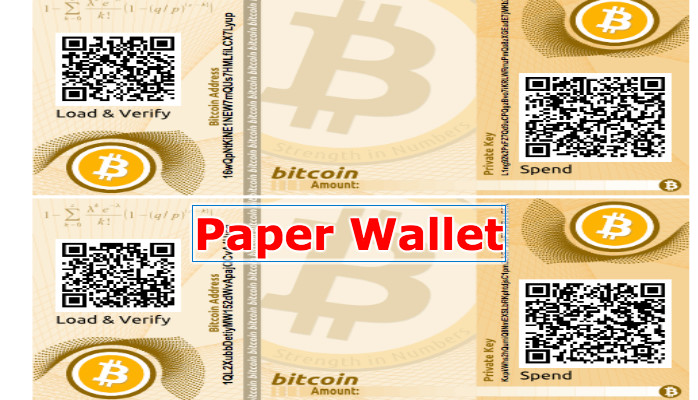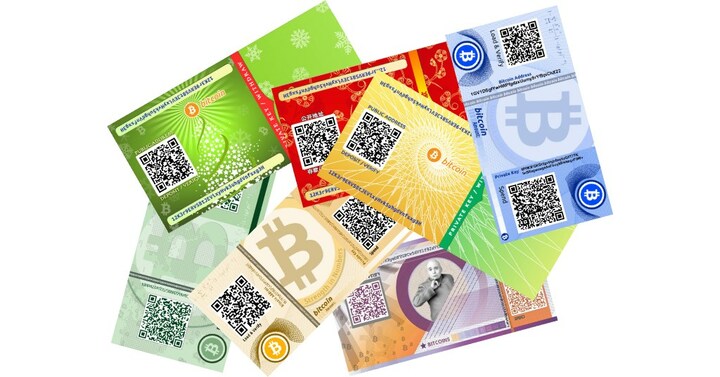
One of the main advantages of an Paper Wallet is its offline nature, which greatly minimizes the threat of cyber attacks as well as unauthorized access. Unlike online wallets, which are susceptible to hacking attempts as well as phishing scams paper wallet only exists in physical form. Therefore, it is invulnerable to threats from the outside. In the process of creating and keeping private keys in a secure location, customers are able to effectively protect the security of their Paper Wallet holdings against digital intruders, providing the security they need within a constantly changing digital world.
The safety of the Paper Wallet lies in its offline security of private keys protecting it from online hacking attempts. Because the private key is never accessible to the Internet when creating or using of a paper-based wallet, there is a lower risk of theft and an unauthorized access has been greatly reduced. Paper wallets may also be protected by encryption or extra security features like encryption of passwords, increasing their security. So long as the paper document is secure from damage, theft, or loss, the funds stored in a paper wallet will remain safe and unaccessible to those who do not have physical access to it.
It is important to be aware that even though Paper Wallets offer robust security however, they do come with some inherent risks. One of the biggest risks is the potential loss of the paper containing the keys. Unlike digital wallets, where you are able to retrieve your money by using a backup seed word should you lose your physical wallet or it's damaged, it is impossible to retrieve your Paper Wallets. It makes creating and storing Paper wallets a delicate balance between security and responsibility. The users must be extra cautious to safeguard their paper wallets from damage or loss. To acquire supplementary information please see this

Another consideration when using the Paper Wallet is the need for safe storage. In contrast to digital wallets that can be accessed from anywhere connected to the internet however, paper wallets require physical access to retrieve the funds. This is both strong and weak that ensures an offline security, yet requires the careful preparation and planning. It is essential for users to keep track of the wallets they carry in their pockets and ensure that they're accessible whenever needed while not compromising security.
For use with to use a Paper Wallet it is necessary to get access to the cash by using the import process or by sweeping the private key to either a digital wallet as well as a Paper Wallet trade. Importing requires adding the private key to an existing digital wallet, allowing for convenient access to the cash while keeping the security benefits of the paper wallet. In contrast it is a process of transferring everything in the paper wallet to an address that is different, effectively "emptying" the wallet to an electronic or physical wallet.